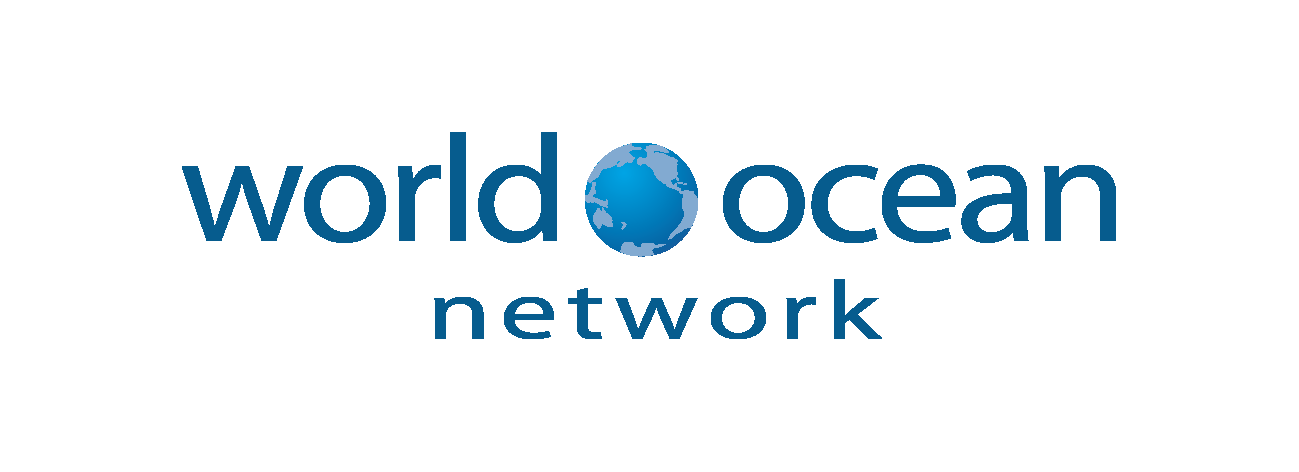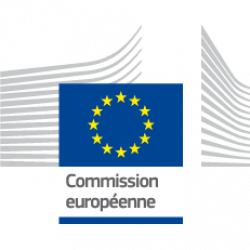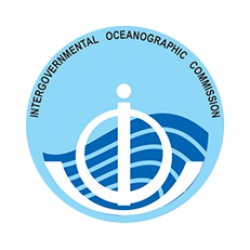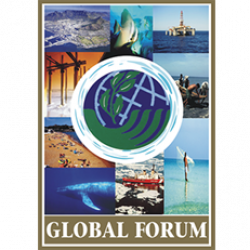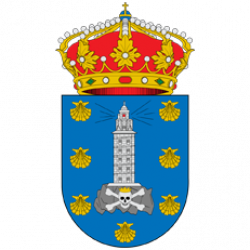IOC Unesco
World Oceans Day Programme 2015
The road to paris 2015 – In honour of the United Nations World Oceans Day, celebrated each year on 8 June, the Intergovernmental Oceanographic Commission of UNESCO (IOC-UNESCO) will organize a full day dedicated to the ocean and its link to the climate system. This event will lead up to the 2015 Paris Climate Conference (COP21).
With the help of scientific workshops, plenary sessions, and exhibitions, this day will bring together scientists, political decision-makers, civil society and youth to identify, through dialogue, promising ocean-sensitive actions and strategies to mitigate climate change and its socioeconomic impacts.
At the end of the day, joint action-oriented recommendations will be presented to the heads of state and United Nations representatives present on this occasion, including His Serene Highness Prince Albert II of Monaco, the French Minister of Foreign Affairs Laurent Fabius and high representatives of small island states, namely Tommy Remengesau, President of Palau and James Michel, President of the Seychelles. The messages will underline the ocean’s essential role for the survival of our planet and how climate change is threatening this role, with potentially disastrous consequences.
Key recommendations from World Oceans Day will be transmitted to the negotiating parties, experts and observers attending the Bonn Climate Change Conference in June, in preparation of COP21. More details
Presentation
2 Overarching Objectives
Building Peace in the minds of men and women
This commitment is at the very foundation of the United Nations, established after the “great and terrible” Second World War to create and maintain peace through economic, social or political agreements. But this is no longer enough today. The foundations of peace still need to be laid, with the help of the specialized agencies which make up the United Nations system such as UNESCO. For over 60 years, UNESCO took over that mission in conformity with its Constitution which asserts that, “since wars begin in the minds of men, it is in the minds of men that the defenses of peace must be constructed”. In this regard, the same Constitution highlights that “a peace based exclusively upon the political and economic arrangements of governments would not be a peace which could secure the unanimous, lasting and sincere support of the peoples of the world, and that the peace must therefore be founded, if it is not to fail, upon the intellectual and moral solidarity of mankind”.
Education for Sustainable Development (ESD)
Education for Sustainable Development allows every human being to acquire the knowledge, skills, attitudes and values necessary to shape a sustainable future.
Education for Sustainable Development means including key sustainable development issues into teaching and learning; for example, climate change, disaster risk reduction, biodiversity, poverty reduction, and sustainable consumption. It also requires participatory teaching and learning methods that motivate and empower learners to change their behaviour and take action for sustainable development. Education for Sustainable Development consequently promotes competencies like critical thinking, imagining future scenarios and making decisions in a collaborative way.
Education for Sustainable Development requires far-reaching changes in the way education is often practised today.
UNESCO is the lead agency for the UN Decade of Education for SustainableDevelopment (2005-2014).
THE PROJECT
Location
UNESCO Headquarters is established in Paris.
Offices are located in two places in the same area:
- 7 place Fontenoy, 75352 Paris 07 SP, France
- 1 rue Miollis, 75732 Paris Cedex 15, France
General phone: +33 (0)1 45 68 10 00
Website
Area
International
